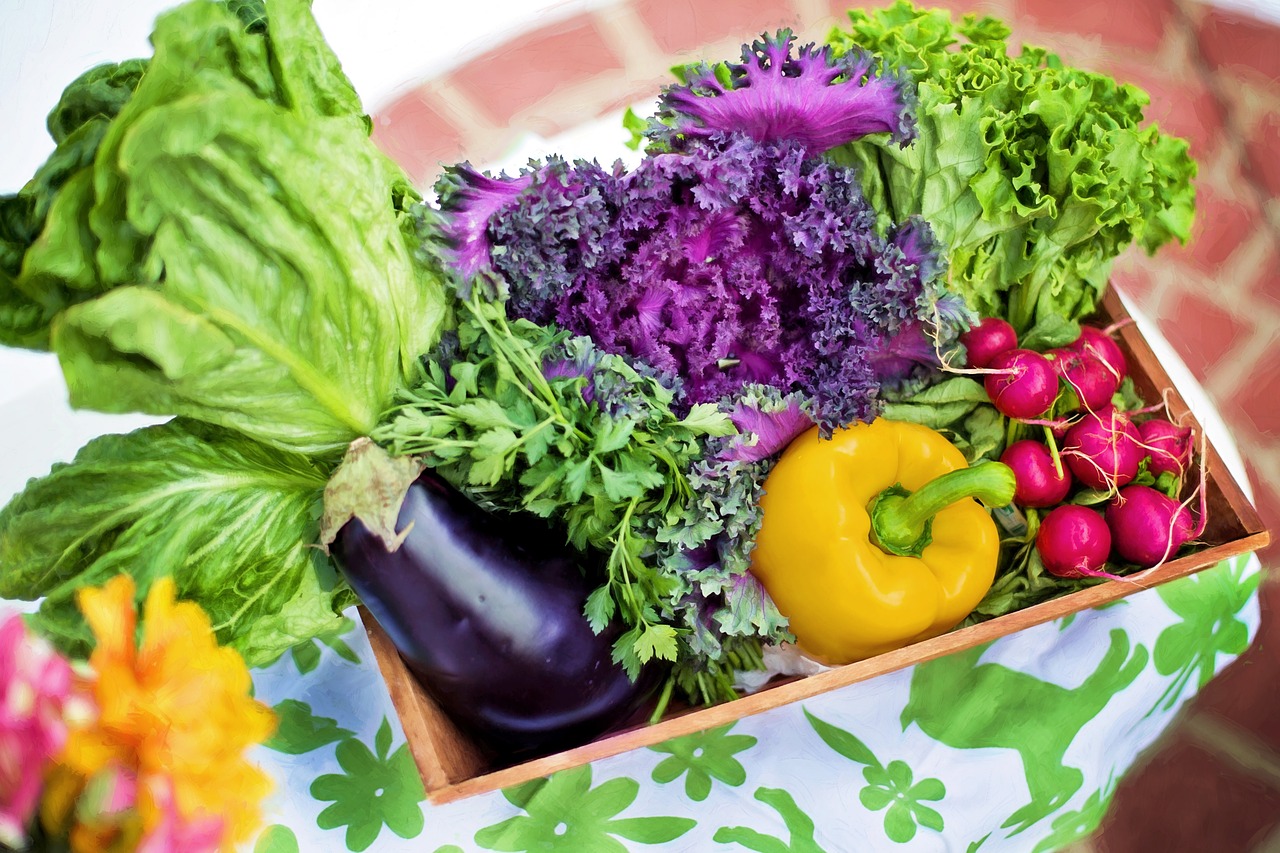In Cathedral City, organic gardening is changing the way that residents obtain and enjoy their daily meals. Over the past few years, the Cathedral City Garden Program has offered community members helpful instruction, the tools to plant their own gardens and a path toward a sustainable lifestyle. Today gardens thrive throughout the city, from elementary school grounds to senior communities.
Situated in the Coachella Valley, Cathedral City is the second largest city in the region, with a population of approximately 55,000. Mild temperatures and year-round sunshine provide the ideal climate for growing a variety of fruits and vegetables.
Increasing Access to Healthful Foods
A few years ago the city council asked Deanna Pressgrove, environmental conservation and public works manager, for assistance in the development of a garden program. The idea was to locate a city-owned lot, install garden beds and invite community members to plant their own fruits and vegetables. City leaders were interested in providing healthy alternatives to store-bought produce, which often contains pesticides and preservatives.
After conducting research on gardens in other municipalities, Pressgrove discovered that many garden programs fail because community members cannot maintain their initial level of enthusiasm or time commitment to the project.
If neglect occurred, the Public Works Department would be responsible for maintaining the garden beds. Faced with limited resources, the city could not afford to move forward with this project.
Pressgrove forged ahead and examined alternatives. Because Cathedral City had partnered with the Palm Springs Unified School District in creating recycling and conservation programs, Pressgrove saw an opportunity. She collaborated with an Agua Caliente Elementary School teacher, who is a garden enthusiast, to develop a pilot project. Starting with the installation of two planting beds, the program grew; children were introduced to fruits and vegetables that were new to them. The students were enthusiastic about learning how to garden and use fresh ingredients to make healthy, delicious meals.
After completing the pilot project, Pressgrove created a procedure for establishing a garden. The city collaborates with school staff to determine a desirable location and the appropriate number of beds for planting, and the city submits an application to the school district to obtain approval to install the garden. Once approved, city staff installs the beds and an irrigation system that runs on a solar-powered battery. The school district does not incur any costs to install a garden.
Today, six schools have in-house gardening programs: Agua Caliente, Nellie Coffman, Sunny Sands, Cathedral City, Rio Vista and the James Workman Middle School. The staff and students take great pride in their gardens.
Community Reaps Benefits
The Agua Caliente Garden is located in the Dream Homes community, a low-income housing area with a population that is 95 percent Hispanic. The educator who runs the program also conducts classes at the garden location for adult residents so they can learn how to grow their own garden.
With 20 percent of the city’s population living below the poverty line, low-income families often struggle to access healthful food. Impoverished neighborhoods have a large concentration of fast-food outlets and convenience stores that offer low-priced packaged and processed foods. The free garden program is accessible to children whose families cannot afford an after-school gardening class.
With six garden beds, the Nellie Coffman garden is flourishing. Sara Hadley, the teacher who runs the project, has observed numerous benefits associated with this educational endeavor.
“Our students at Nellie Coffman love the garden. They start their day tending to the needs of the garden. We see how the vegetables we grow can turn into delicious and healthy foods with no pesticides or preservatives,” says Hadley. “Students who ‘don’t like’ tomatoes suddenly want to eat tomatoes straight from the garden.”
Hadley often holds class in the garden area, which has proved to be an effective tool in teaching students who experience learning or behavioral difficulties in a confined classroom setting. She uses the garden as a way to “teach beyond the textbook.”
The Boys and Girls Club, which serves a large majority of low-income children, operates one of the city’s most impressive gardens with 10 beds. The club installed a kitchen inside its facility where kids learn how to process vegetables and use them in healthful recipes, such as a salad or fresh salsa made with peppers and tomatoes.
After witnessing the success of the school-run programs, Pressgrove extended an invitation to the city’s senior communities. Park David, Heritage Park, Casa Victoria and Tierra Del Sol senior apartments now have gardens. The city installs the beds and irrigation systems free of charge. The program offers access to a group-focused outdoor activity, which seniors like.
The Cathedral City Garden Program offers an enjoyable way for children and adults to learn the valuable skill of organic gardening, engage in physical activity, make smart food choices and work together to enhance wellness and sustainability in the community.
[divider] [/divider]
© 2016 League of California Cities®. All rights reserved. Printed with permission from the April 2016 issue of Western City® magazine, the monthly publication of the League of California Cities®. For related information, visit www.westerncity.com.
Contact: Deanna Pressgrove, environmental conservation and public works manager, Cathedral City; phone: (760) 770-0369; email: dpressgrove@cathedralcity.gov.





